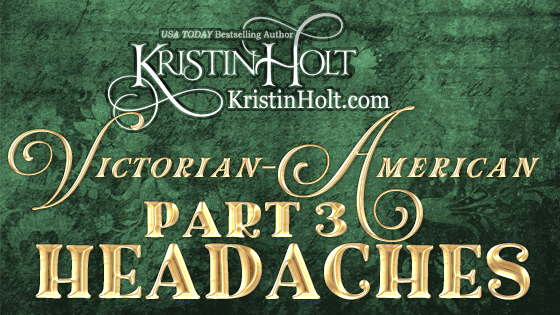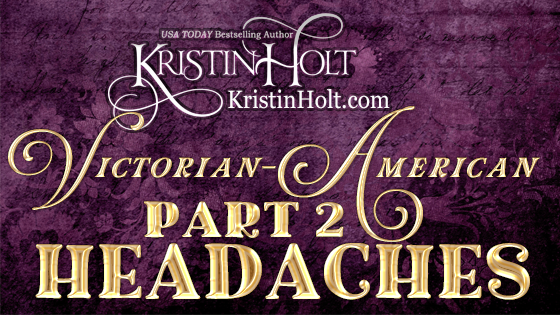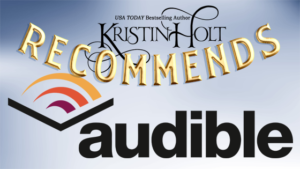
by Kristin Holt | Sep 12, 2019 | Articles
Victorian-American Headaches: Part 3 continues the 11-part series, adding to two other doctors’ perspectives, opinions, and attitudes about headaches. This 1893 newspaper article explains types of headaches, and the doctor’s urging to mothers and nurses to protect babies’ eyes. He not only mentions headache “specifics”, but he sheds much light on antipyrin, a development that made a big splash in the waters of headache management, circa 1888. Scientists developed the precursors to acetaminophen, aspirin, etc., and use of their remedies exploded. The good doctor explains the urgency of patients in obeying their doctor’s instructions and “taking their prescriptions.”

by Kristin Holt | Sep 5, 2019 | Articles
Part 2 of 11 in a Blog Article Series; May be read in any order. Links between each are provided for ease in reading.
Victorian-era American doctors faced the challenge of diagnosing headaches, relying upon intellect, experience, and deductive reasoning. After all, physicians couldn’t order a blood panel and read the results to assist in diagnostic work. This 1890 newspaper article contains a variety of types of headaches in 1890 language. I’ve provided translations where possible.

by Kristin Holt | May 7, 2017 | Articles
Dr. Richardson, a London physician, spoke against corsets (tight lacing) and the damage thereby inflicted upon women’s intellect. This article was syndicated from New York Times and appeared in Kansas Farmer on May 5, 1880.

by Kristin Holt | Aug 12, 2015 | Articles
After reading one little segment (a “one-night stand”) within Richard Shenkman and Kurt Reiger’s One-Night Stands with American History: Odd, Amusing, and Little-Known Incidents. I have just one thing to say: I was born in the correct century. Maybe not as far as chivalry and honor among men go, but definitely as far as prevailing attitudes regarding education of females. I share one section of Shenkman and Reiger’s entertaining book, with two cited sources.
WOMEN ARE DUMBER
In the late 1800’s many physicians regarded increased female education as a primary factor in a general decline of female health. A woman’s brain was simply not capable of assimilating a great deal of academic instruction (and that’s just the beginning of the quote).












